The Canadian Grand Prix is notoriously tough on the power units, with full throttle experienced for 68% of the lap, and the need to recharge the batteries to deploy energy, something much more important in Montreal than in the previous races at Imola, in Monaco and in Spain.
As the engines have matured in the turbo hybrid era, so has the reliability, with it becoming increasingly rare to see cars dropping out due to power unit failures, but across the Imola-Monaco-Spain triple header, Mercedes HPP units suffered multiple failures.
Kimi Antonelli suffered a throttle problem at Imola, whilst Russell broke down in the tunnel during Q2 in Monaco. The next day, Fernando Alonso's Aston Martin suffered an engine failure in the race, whilst the same befell Antonelli in Spain last time out, with both drivers running in the points at the time.
Russell's failure was ultimately an electrical problem, caused by a short circuit, a problem not too dissimilar to that which impacted Alonso in the race itself, which prompted Mercedes to examine all of its other power units and implement counter-measures to prevent failures.
After Antonelli's smoky retirement in Barcelona, Mercedes' technical director, James Allison, provided some clarification about the failure.
Antonelli's unit was sent back to HPP headquarters in Brackley for extensive investigations, but the exact cause of the failure was not known at the time.
The alarm bells have clearly rung at Mercedes, not only for the works team, but also the team it supplies customer units to, namely McLaren, Williams, and Aston Martin.
Given the spate of failures and Mercedes' previous bullet-proof reliability, it raises the question of what is going on, and why McLaren is yet to be impacted by any Mercedes power unit failures.
One hypothesis which circulated in the Barcelona paddock centred around how the installation of the power units on each car, with a focus on the cooling system and heat exchange, could play a role.
The article continues below.
How McLaren is protected from Mercedes' trend
McLaren's MCL39 is characterised by a reduced rear section and heat dissipation vents which are noticeably smaller compared to the other teams running a Mercedes power unit.
The above hypothesis taking shape is that the power unit modes of the Mercedes unit this season have been taken to the extreme, with the fact that power unit development has been frozen for the past three seasons.
In trying to squeeze out every last drop of performance, the reliability margins would be decreased, and it is a choice RacingNews365 understands the other power unit manufacturers have not abstained from.
Performance between the field is noticeably closer in 2025, with the need to therefore find a performance differential in your favour key - with power unit modes a simple way to achieve this.
Ferrari seems to have adopted less extreme choices, sometimes showing excellent efficiency on the straights, but often do not generate enough power to create a speed differential to make overtaking easier, even with DRS.
McLaren seems cautiously optimistic that the Mercedes failures will not impact it as it is yet to adopt the aggressive power unit modes, instead using the excellent low-drag trait of the car, and the ability to transfer power with high levels of traction.
With 14 races remaining in the season, the rotation of available power units will become a relevant element to avoid penalties, especially in the final races.
Should the performance advantage the MCL39 currently enjoys over the field remain the same until the summer break, it is likely that rival teams will no longer introduce car upgrades, which could increase performance, especially with the 2026 rules reset coming into force.
If this happens, McLaren should find its advantage over rivals, largely protected, further reducing any power unit concerns.
Also interesting:
Join RacingNews365's Ian Parkes and Nick Golding for a special episode of the podcast, as they are joined by Sebastien Buemi to look ahead to the Le Mans 24 Hours and the Canadian GP. Both events and also Formula E are discussed, and how quickly Max Verstappen would adjust to Le Mans.
Rather watch the podcast? Then click here!
Don't miss out on any of the Formula 1 action thanks to this handy 2026 F1 calendar that can be easily loaded into your smartphone or PC.
Download the calenderMost read
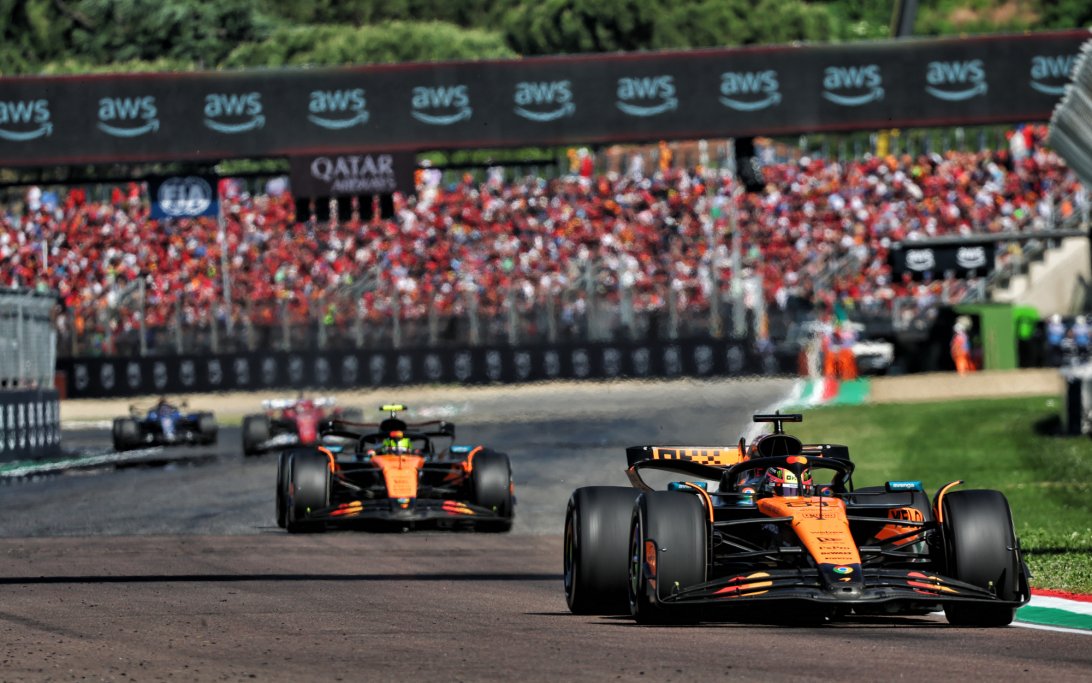
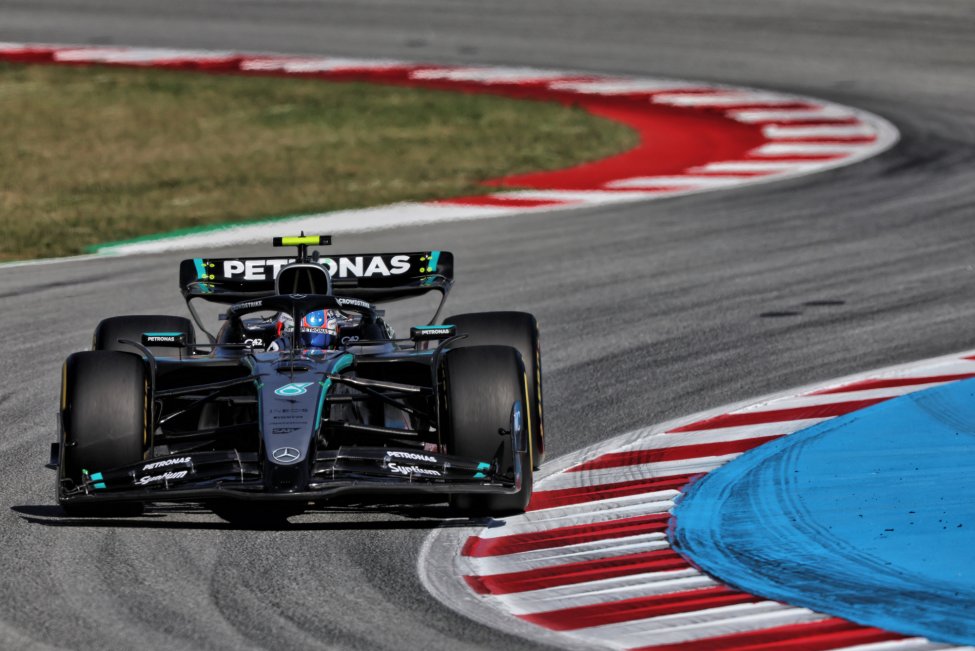
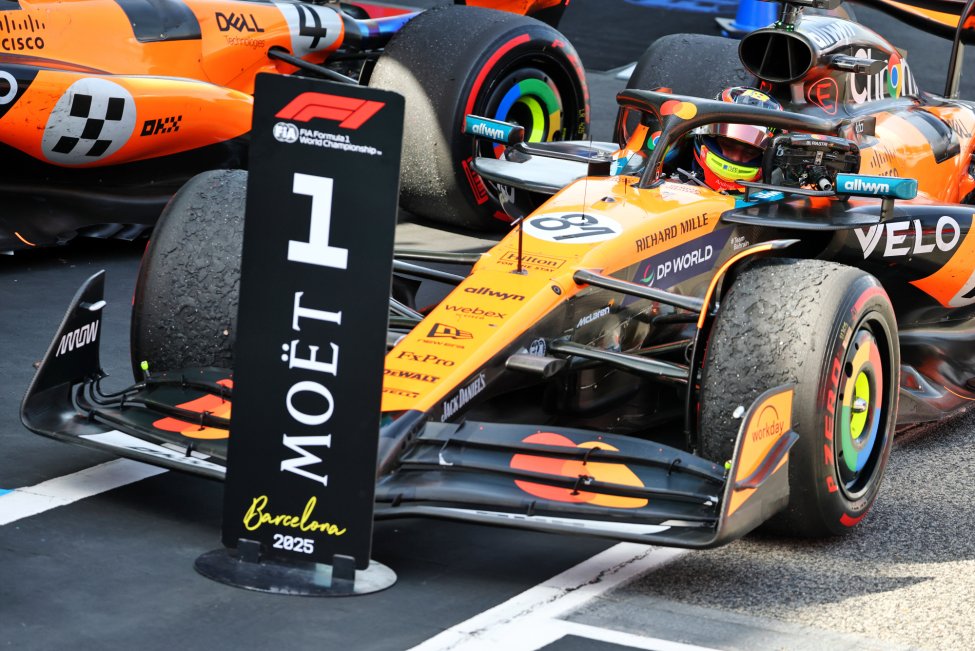



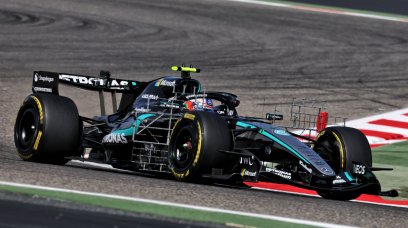

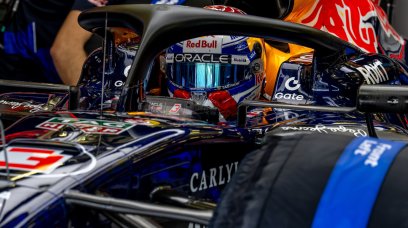
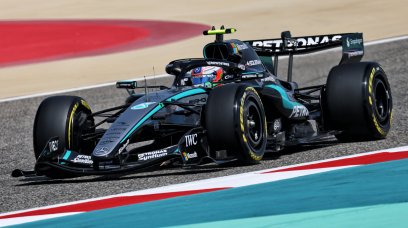
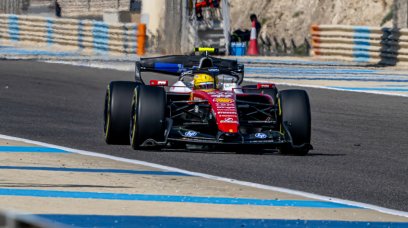
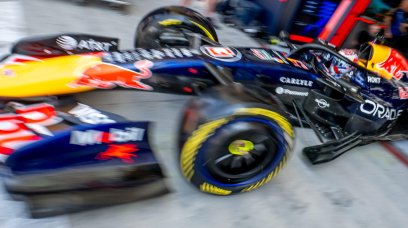
Join the conversation!